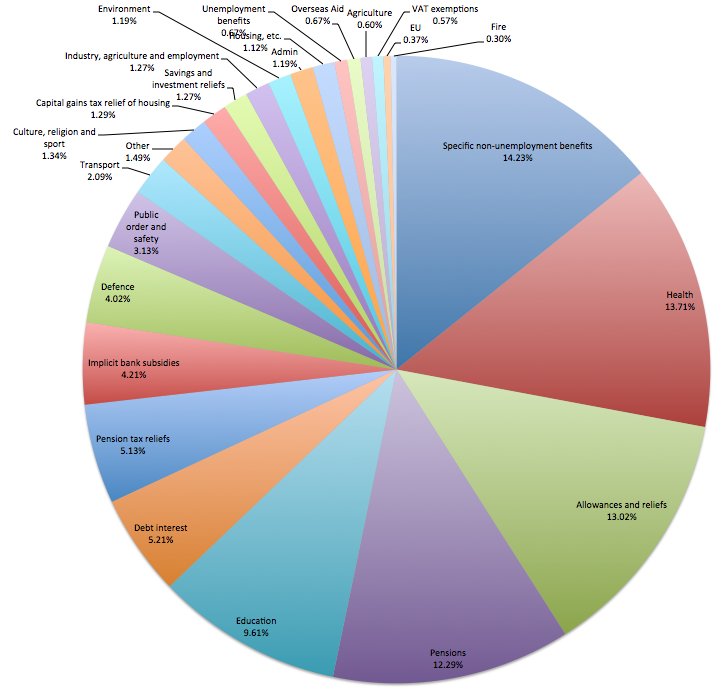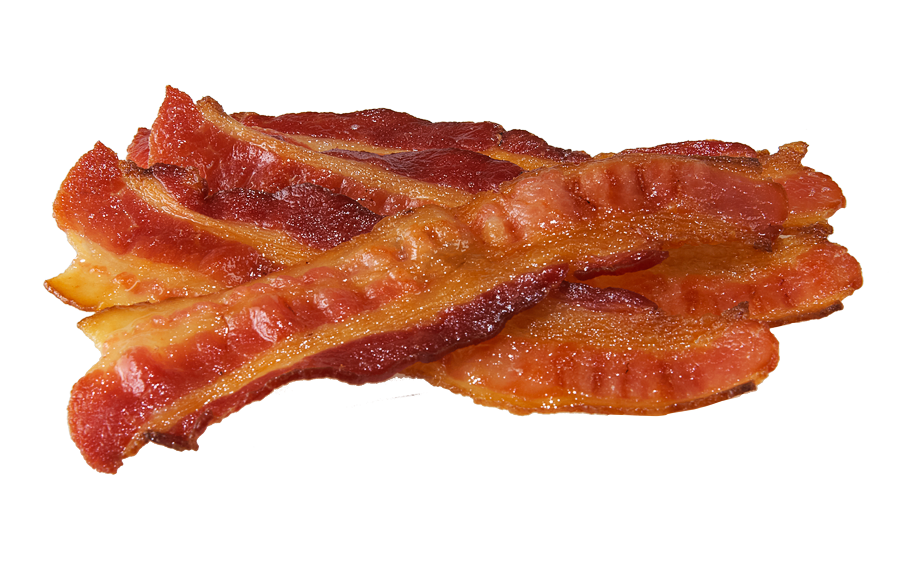So should the UK stay in the EU or leave? This is the question we are being asked to decide at the referendum on 23 June.
Importantly there is the question of whether anyone can make anything other than an emotional decision. And I suspect the vast majority of the great British public — or at least those who bother to vote — will do just that: make an emotional decision.
How can they do otherwise? Because no-one actually knows the consequences of either staying or leaving, and all we’re hearing is speculation, guesswork and wishful thinking. I have yet to find anyone with a reliable crystal ball.
As I have an almost total mistrust of everything which comes from the mouths of politicians, I’ve been almost completely ignoring the hot air, waffle and rhubarb which is permeating our airwaves.
Nonetheless we do need to try to come to some sort of rational decision, so in the following table I’ve attempted to pull together what little we do know of the facts, for and against, staying and leaving the EU. It isn’t easy, and some of this is still undoubtedly emotionally biassed, although I’ve tried to avoid this.
So this is the state of play as I see it.**
| For | Against | |
| Stay in the EU |
|
|
| Leave the EU |
|
|
That looks to me like a good case for staying in the EU. But of course, you should all do your own research, decide how important you feel each of the factors to be and make up your own minds. All I ask is that you make a properly informed decision — the best decision you can, at the time, with the information you have (and that information includes the proclivities of your brain).
Sadly, though, I suspect the British public will be beguiled by the speculative arguments and sound bites of those campaigning to leave. If they are, it really will be a leap in the dark, because no-one knows what will happen. So gawdelpus!
20/05/2016 Update
I promised updates, so here is the first. In the last few days I’ve come across this graphic from Richard Murphy of Tax Research LLP.

Click the image for a larger view
It appears to refer to the way in which the 2014 “tax take” was used by the government. If we assume the data is correct, then we pay just 0.37% of our taxes to the EU (yes, it’s that tiny figure at 12 o’clock on the pie chart). Now that strikes me as being eminently reasonable.
In fact extrapolating the figures from this recent Daily Telegraph article suggests that the net cost of the EU is in the region of £100 a year per person in the UK. Which again seems to me to be eminently reasonable.
** I will try to update this as we go along if any new evidence (as opposed to spin, myth and guesswork) appears.



 At which point it seems appropriate to ask
At which point it seems appropriate to ask